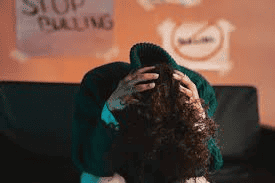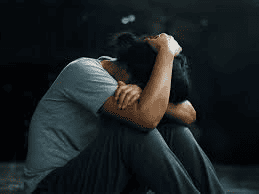Whether you lived through a traumatic event yourself or witnessed it, or were an emergency responder or medical worker helping in the aftermath, there’s no one-size-fits-all way to cope. But some strategies may help you heal and regain your sense of stability after trauma.

A traumatic event is any shocking or scary experience that affects you emotionally and physically. These events can include natural disasters (like hurricanes, earthquakes and floods), acts of violence (including assault, abuse, terrorist attacks or car crashes) and other life-changing experiences. It’s normal to feel a variety of emotional responses after a traumatic event and these feelings will usually lessen with time. However, some people may suffer from a more prolonged response and may be diagnosed with post-traumatic stress disorder.
In the immediate wake of a traumatic event, it’s common to feel numb, have intrusive thoughts or flashbacks, and experience physical symptoms like fatigue, depression or anxiety. It’s also okay to be angry or guilty for feeling these emotions. These are all healthy responses to the loss of safety and security that can happen after a trauma. To learn more about Trauma informed training, go to tidaltraining.co.uk/

Avoiding places and people that trigger these unwanted reactions can be helpful at times, but it’s important to have a toolbox full of diverse coping methods. This will give you an arsenal to choose from when your reactions become overwhelming. For example, exercise can burn off adrenaline and release feel-good endorphins to help you calm down. Try activities that involve both your arms and legs, such as swimming, dancing or walking.